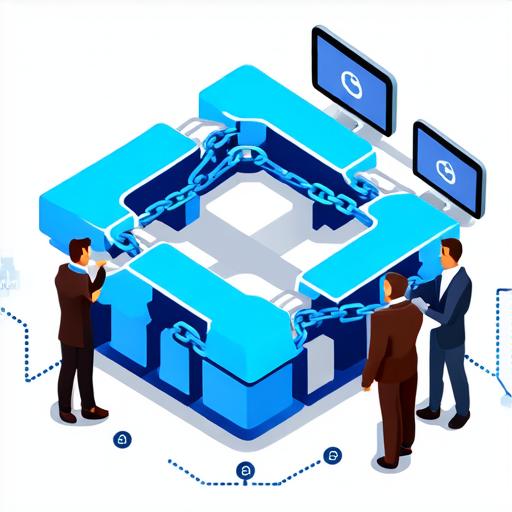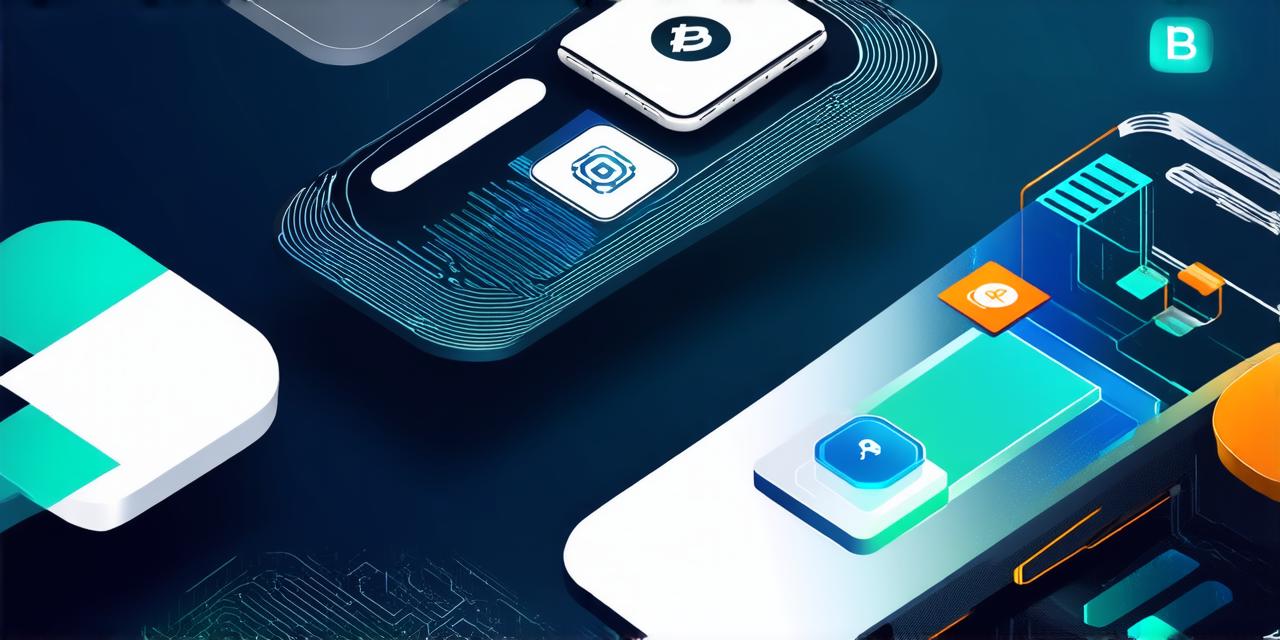Blockchain technology is rapidly gaining popularity across various industries as it provides secure and decentralized data storage solutions. One of the essential components of a blockchain network is an account, which represents a user or entity within the system. In this comprehensive guide, we will explore what a blockchain account is, its benefits, and how it works in detail.

What is a Blockchain Account?
A blockchain account can be defined as a digital identity that contains information about a user or entity on a blockchain network. This identity includes data such as the user’s name, address, public key, and any other relevant details. The account allows users to interact with the network, send and receive transactions, and store data securely.
In simple terms, a blockchain account is like an online wallet that enables you to transact on a blockchain network without revealing your identity or location. You can use different types of accounts, such as personal accounts, business accounts, and smart contract accounts, depending on your requirements.
Benefits of Blockchain Accounts
Blockchain accounts offer several benefits that make them an attractive option for users and organizations alike. Some of the key advantages include:
- Security and Privacy: Blockchain accounts are secure and private because they use encryption techniques to protect data. The decentralized nature of the blockchain means that there is no central authority controlling the network, making it resistant to hacking and other forms of cyber attacks.
- Decentralization: Blockchain accounts are decentralized, meaning they exist on a distributed ledger rather than in a single location. This allows for greater transparency, as all users can access the same information, and reduces the risk of data tampering or manipulation.
- Immutability: Once data is stored on a blockchain, it cannot be altered or deleted. This ensures that transactions are trustworthy and secure, and that records remain accurate over time.
- Interoperability: Blockchain accounts can be used across different platforms and networks, making it easier for users to interact with multiple systems seamlessly.
How Blockchain Accounts Work
A blockchain account works by using a combination of cryptographic techniques, smart contracts, and consensus algorithms to verify transactions and maintain the integrity of the network. Here’s a step-by-step guide on how it works:
- Identity Verification: Before creating an account, users must provide their personal information, such as their name, address, and public key. This information is verified by the blockchain network to ensure that it is authentic and that the user is not attempting to create multiple accounts.
- Account Creation: Once the identity verification process is complete, a new account is created for the user on the blockchain. The account includes a unique address that the user can use to interact with the network.
- Transactions: Users can send and receive transactions using their blockchain account by initiating a transaction on the network. The transaction is verified by the consensus algorithm, which ensures that it meets certain criteria, such as having sufficient funds or meeting other requirements. Once the transaction is verified, it is recorded on the blockchain and added to the ledger.
- Smart Contracts: Blockchain accounts can also be used to interact with smart contracts, which are self-executing contracts that are programmed to automatically execute when certain conditions are met. Users can create and manage smart contracts using their blockchain account, allowing for greater automation and efficiency in business processes.
Case Studies and Personal Experiences
Here are a few real-life examples of how blockchain accounts have been used to solve problems and improve processes in various industries:
- Cryptocurrency Exchanges: Blockchain accounts are widely used by cryptocurrency exchanges, such as Binance and Coinbase, to allow users to buy, sell, and trade digital assets securely. These exchanges use smart contracts to automate trading, making it faster and more efficient than traditional methods.
- Supply Chain Management: Blockchain accounts can be used in supply chain management to track products from production to delivery, ensuring that they are authentic and have not been tampered with. For example, Walmart uses a blockchain network to track food products, allowing for greater transparency and reducing the risk of contamination.
